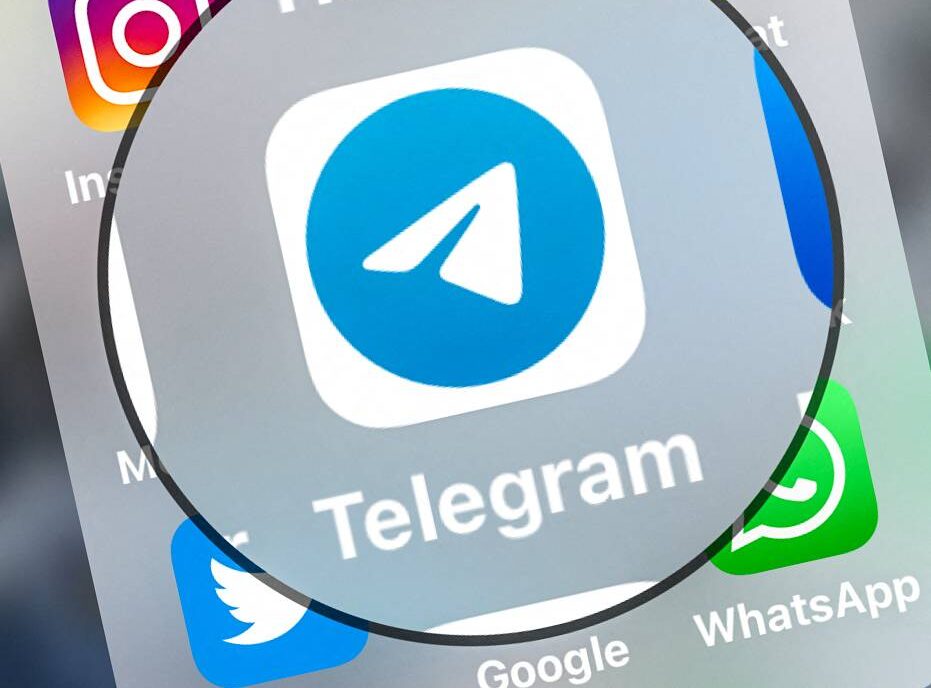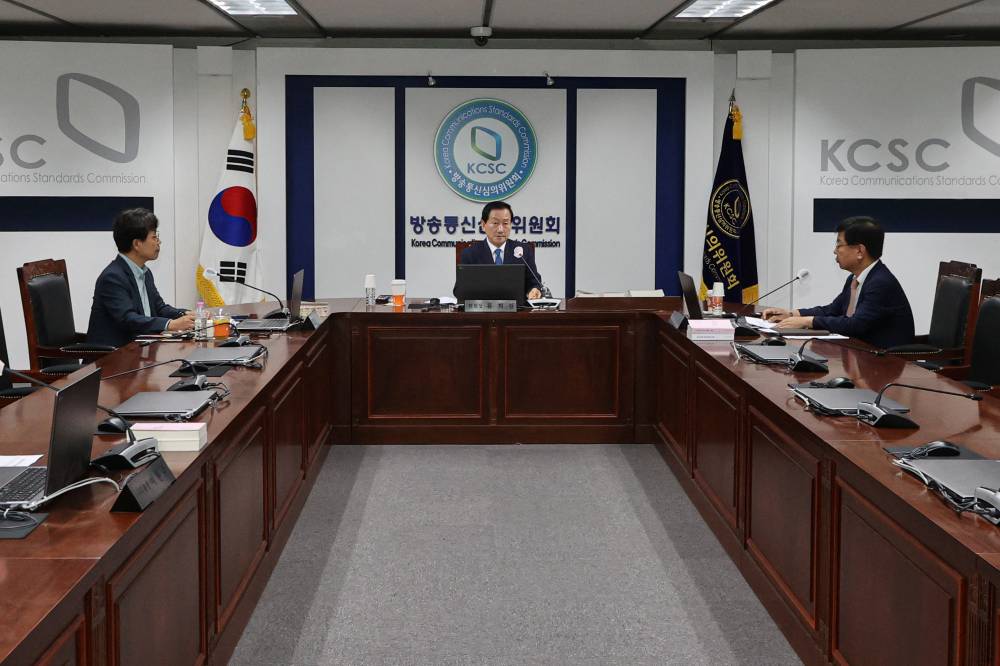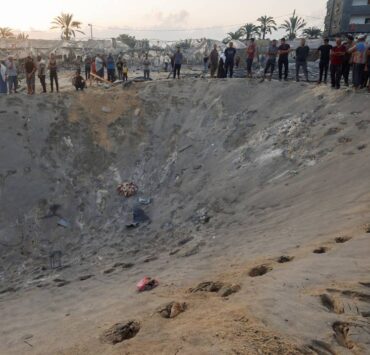Deepfake porn crisis batters South Korean schools

SEOUL—After South Korean authorities uncovered a sprawling network of AI deepfake porn Telegram chatrooms targeting schools and universities, teenage activist Bang Seo-yoon began collecting testimony of abuse from victims.
Many of the cases she documented followed the same pattern: schoolboys steal innocuous selfies from private Instagram accounts and create explicit images to share in the chat rooms, specifically to humiliate female classmates—or even teachers.
Superwired South Korea, with the world’s fastest average internet speeds, has long battled sexual cyberviolence, but experts say a toxic combination of Telegram, AI tech, and lax laws has supercharged the issue—and it is tearing through the country’s schools.
“It’s not just the harm caused by the deepfake itself, but the spread of those videos among acquaintances that is even more humiliating and painful,” Bang, 18, told AFP.

Teen perpetrators
She has received thousands of reports from devastated victims since authorities in August found the first such Telegram chatrooms, typically set up within a school or university to prey on female students and staff.
Most perpetrators are teens, police say.
Deepfake prevalence is increasing exponentially globally, industry data shows, up 500 percent on year in 2023, cybersecurity startup Security Hero estimates, with 99 percent of victims women—typically famous singers and actresses.
But while celebrities have powerful backers to protect them—the K-pop agency behind girlband NewJeans recently took legal action against deepfake porn—many ordinary victims are struggling to get justice, activists say.
Prosecution rates are woeful: between 2021 and July this year, 793 deepfake crimes were reported but only 16 people were arrested and prosecuted, according to police data obtained by a lawmaker.
Surge in complaints
After news of the chat rooms spread, complaints surged, with 118 cases reported in just five days in late August, and seven people arrested amid a police crackdown.
But six out of seven alleged perpetrators were teenagers, police say, which complicates prosecutions as South Korean courts rarely issue arrest warrants for minors.
“The perpetrators often face no consequences,” said Kang Myeong-suk, head of victim support at the Women’s Human Rights Institute of Korea.
Kang added that victims now “live in fear of where their manipulated images might be distributed by those around them.” —AFP
AFP is one of the world's three major news agencies, and the only European one. Its mission is to provide rapid, comprehensive, impartial and verified coverage of the news and issues that shape our daily lives.

















